Western countries have bent the knee at the World Cup, not in protest at discrimination, but in supplication to immoral values, writes Catherine Deveney.
The last kiss. A mother’s final embrace through the blankets that neatly bind the body of her dead 16-year-old son.
An Iranian Pietà. The mother’s head bowed, her body slumped in silent grief; the boy’s body cradled in its package.
There, gone. The image flashed on screen in news footage about the Iranian football team in Qatar refusing to sing their own national anthem in protest at their government.

And nothing brought home more viscerally for me the political reality of the World Cup, the true cost of “ambassadors” like David Beckham, who accepted millions to personally promote Qatar, than that image of a mother kissing her son, killed in anti-government protests, one last time.
Times must be tough at Beckham Halls. The lecky for the tanning lamps alone have to be causing consternation.
How much money must you have, I wonder, before it is no longer necessary to sell your soul? How much before the suffering caused by regimes like Qatar and Iran matter more than your already bulging bank account?
We have bent the knee for money and power
International events legitimise regimes and we have seen, in Qatar, the lure of wealth that overcomes the principles of nations and the misgivings of individuals. Western countries have bent the knee, not in protest at discrimination, but in supplication to values that are anathema to our own.
Not for football, despite claims to the contrary. For wealth, for power and for prestige. Comedian Joe Lycett’s publicity stunt this week captured what this is really about.
Lycett threatened to shred £10,000 if Beckham accepted the £150 million deal, later releasing footage apparently showing him doing just that. In reality, he knew what was really valuable, even if Beckham didn’t.
🏳️🌈 pic.twitter.com/YuPYSQ2M6u
— Joe Lycett (@joelycett) November 21, 2022
Lycett shredded fake money, giving the real stuff to charity. His principles couldn’t be bought. Beckham’s could.
Keep politics out of football, we have heard this week. But politics is not some abstruse, intellectual entity that exists in parallel with the rest of life. Politics IS life; it is the way we exist, the way we organise, the values we create. It is the way we cooperate – or not – and the way we oppose.
You might as well say keep politics out of Ukraine. Keep politics out of poverty. Keep politics out of health and education and the environment.
Our values are evolving backwards
Football does not exist in a parallel universe. Playing football in Qatar is a political act – just as playing cricket in South Africa at the time of apartheid was.
In 1968, England cancelled their winter cricket tour because South Africa refused to accept the inclusion of a black cricketer, Basil D’Oliveira, in the England team. Racism in south Africa was unacceptable in Britain in 1968. So is homophobia and misogyny in 2022.
Why would we respect ‘values’ that include violence against women and gay people, or against protesters fighting for freedom and democracy?
This World Cup, I heard someone say on television, is about respecting values other than your own. You don’t need to agree with the opposition to play football.
Even Iran’s Portuguese manager, Carlos Queiroz, tried a similar argument, despite his team’s brave political stance. “Our boys,” he said, “They’re just simple football boys.” But they’re not boys playing in the school playground. They’re grown men, playing for, and in, a repressive regime.
Beautiful. In solidarity with the incredible courage and resilience of the women of Iran.pic.twitter.com/ccsqXSdubO
— Jon Stewart (@jonstewart) November 21, 2022
Why would we respect “values” that include violence against women and gay people, or against protesters fighting for freedom and democracy, any more than we would respect fascism in war-torn Germany, or apartheid in South Africa, or torture in Chile under Pinochet?
Perhaps we are evolving backwards. Do we, in 2022, suppress every thought other than putting a ball in the back of a net because a very rich country is paying for international recognition and acceptance?
All Beckham stood to lose was money he didn’t need
And then there’s Fifa, the football mafia, threatening to issue yellow cards to players who wear arm bands in support of gay rights. Who do they think they are?
The host country must have its values tacitly “respected”, but the visiting nations cannot express theirs peacefully? What kind of respect flows like a one-way stream into oblivion?
He can turn up in his suit and loafers, with that perma-grin slapped on his chops, to ‘legitimise’ Qatar if he wants
Footage showed the people of Iran booing their own team’s goal against England. Those who suffer in that country, those who protest, wanted their team to refuse to play.
The Iranian players risk losing their freedom for their public stance. All Beckham stood to lose was money he didn’t need.
He can turn up in his suit and loafers, with that perma-grin slapped on his chops, to “legitimise” Qatar if he wants. But he is the gay icon who betrayed gay people, the husband who betrayed women, the father who betrayed protesting teenagers, and the business empire boss who betrayed 6,500 migrant workers who died building Qatar’s stadiums.
“It is not right to come to this World Cup and ask them [players] to do things that are not their responsibility,” whined Carlos Queiroz. But this is one world, and the treatment of its inhabitants is the responsibility of us all – footballers included. Sad that David Beckham reneged on his and sold the jerseys.
Catherine Deveney is an award-winning investigative journalist, novelist and television presenter, and Scottish Newspaper Columnist of the Year 2022
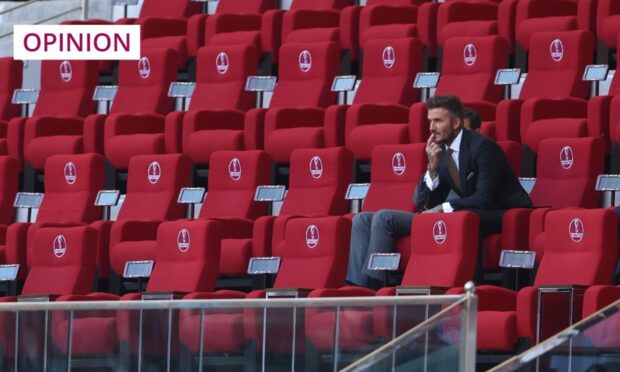
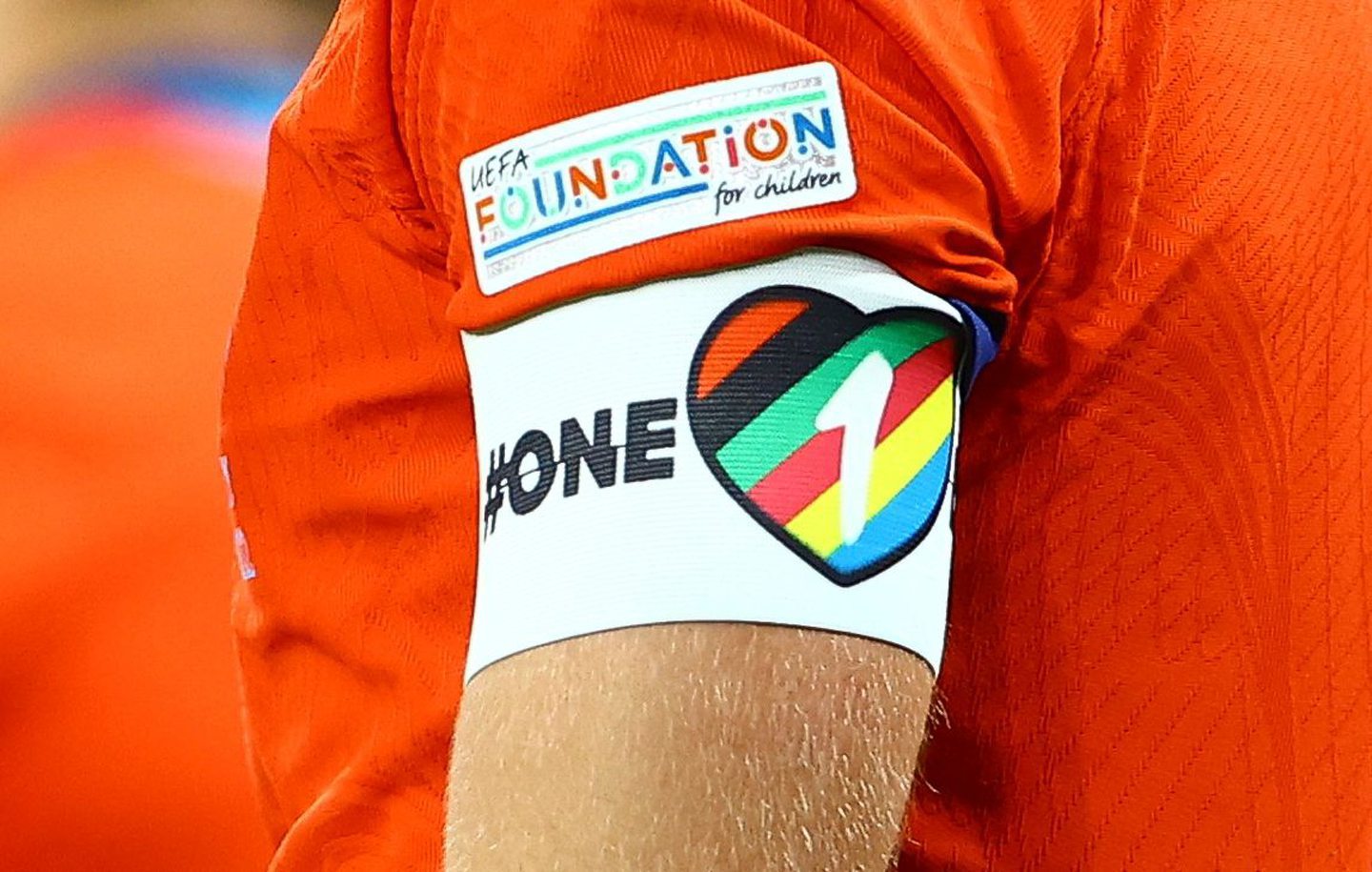
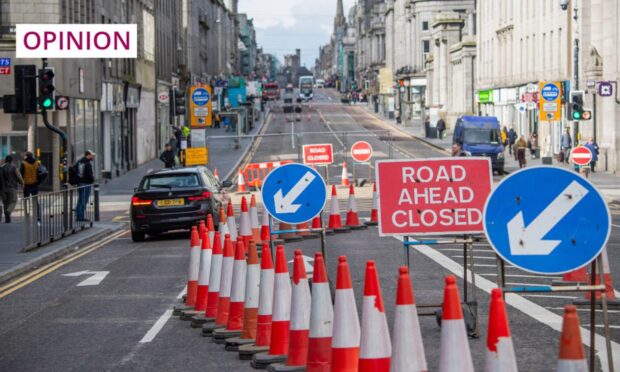
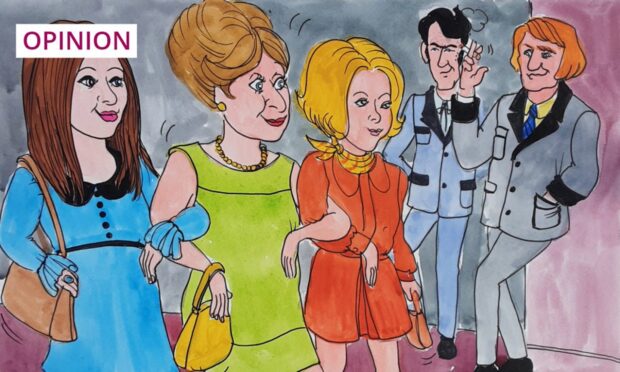
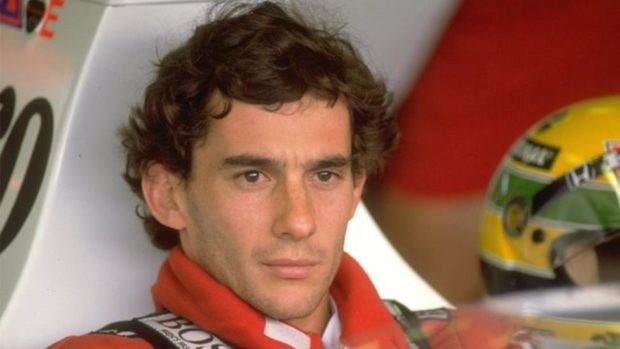

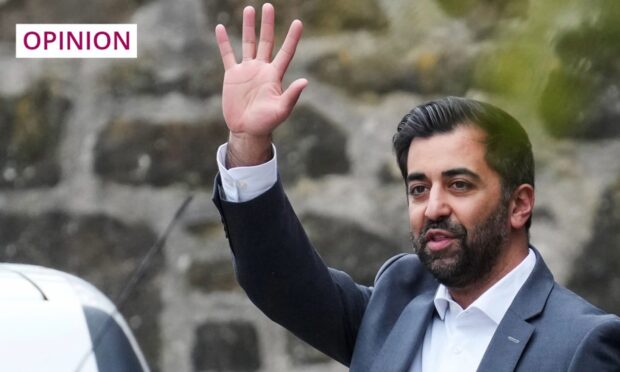
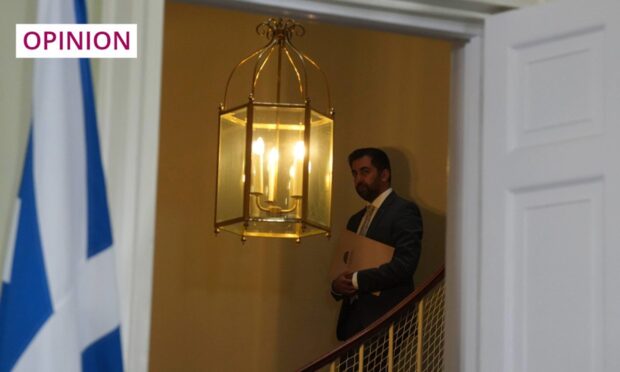




Conversation